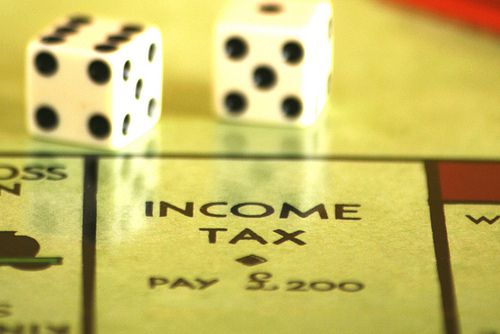-
 Invertebrate
Invertebrate
-
 Ng, Np, Nm
Ng, Np, Nm
-
 Muon
Muon
-
 Le Chatelier's principle
Le Chatelier's principle
-
 Geophagia
Geophagia
-
 Reducing agent
Reducing agent
-
 Fibrous root system
Fibrous root system
-
 Fistula
Fistula
-
 CME
CME
-
 IMAP
IMAP
-
 Scute
Scute
-
 European eel
European eel
-
 Minatec
Minatec
-
 Long distance
Long distance
-
 Basaltic
Basaltic
-
 Autostereoscopy
Autostereoscopy
-
 Enceladus
Enceladus
-
 Transpiration
Transpiration
-
 Claudication
Claudication
-
 UTR
UTR
-
 Dielectric
Dielectric
-
 Antiport
Antiport
-
 Large Canary Island Telescope
Large Canary Island Telescope
-
 World Charter for Nature
World Charter for Nature
-
 Crystallography
Crystallography
-
 Secunia
Secunia
-
 Intercalating
Intercalating
-
 Phyllosilicates
Phyllosilicates
-
 Phosphorylated molecule
Phosphorylated molecule
-
 Scaly
Scaly
Pigouvian tax
A Pigouvian tax is a tax paid by a polluter per unit of pollution produced equal to the cost of the environmental damage caused. The purpose of this type of tax is therefore to include the cost of the environmental deterioration (pollution, loss of soil productivity) in the cost of goods or services.
In economic terms this is referred to as internalising externalities (environmental costs) in production costs. The British economist Arthur Cecil Pigou was the first to propose this type of tax in 1920. Ecotaxes based on the polluter pays principle which stem from this type of tax are thus called Pigouvian taxes.
To this end, the carbon tax project is a Pigouvian tax.
Pigouvian taxes, however, have two drawbacks:
- The difficulty of evaluating environmental damage and its cost;
- adaptation of the tax to changing conditions (economic, technical, environmental).
The alternative to Pigouvian taxes to internalise environmental costs, consists in implementing markets for pollution rights or pollution permits, such as those for CO2 emissions in Kyoto protocol.
Although national Pigouvian taxes are used more than pollution rights markets, they are more difficult to apply in an international context. However, pollution right markets have their own drawbacks.
 The Pigouvian tax is an ecotax based on the polluter pays principle. © alancleaver_2000 CC by 2.0
The Pigouvian tax is an ecotax based on the polluter pays principle. © alancleaver_2000 CC by 2.0
Latest
Fill out my online form.



